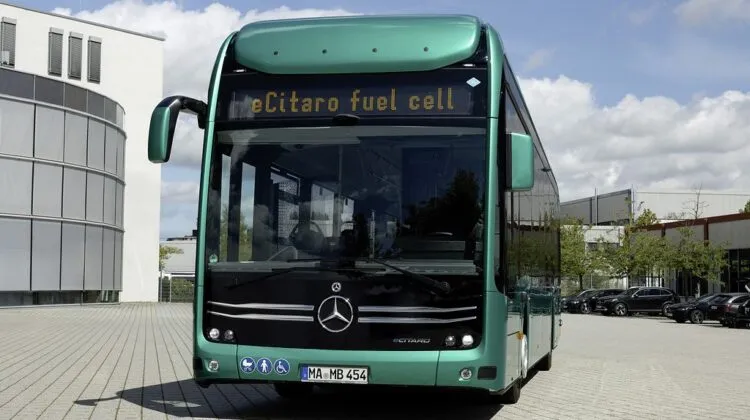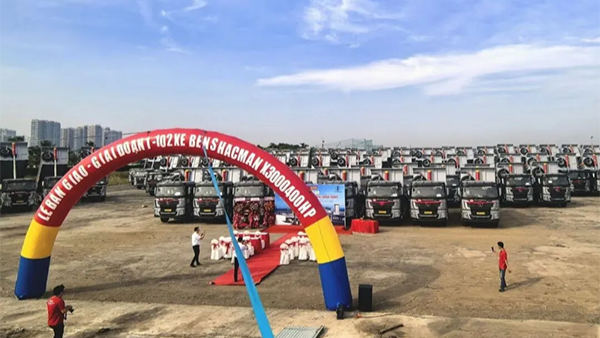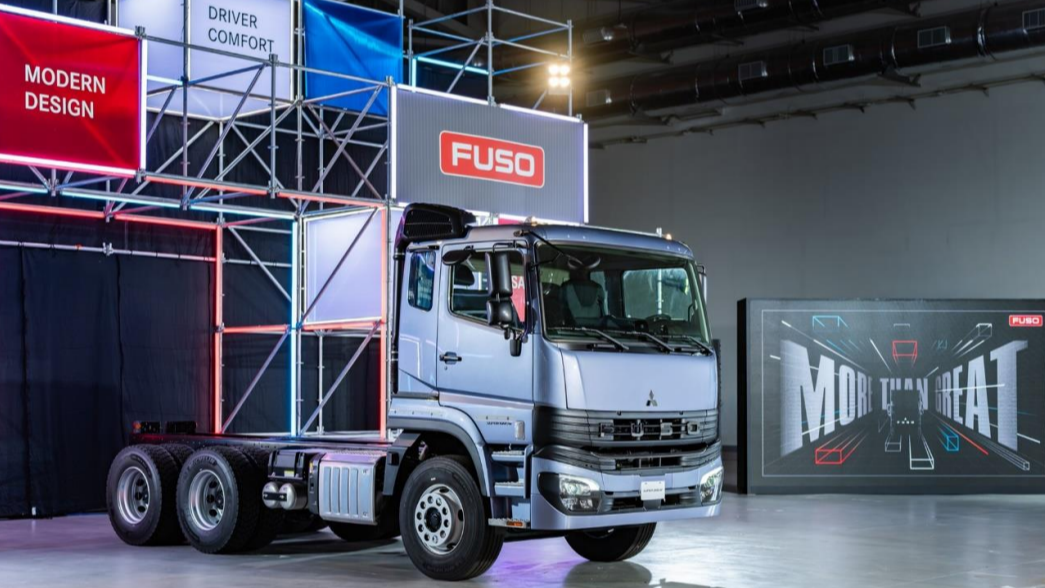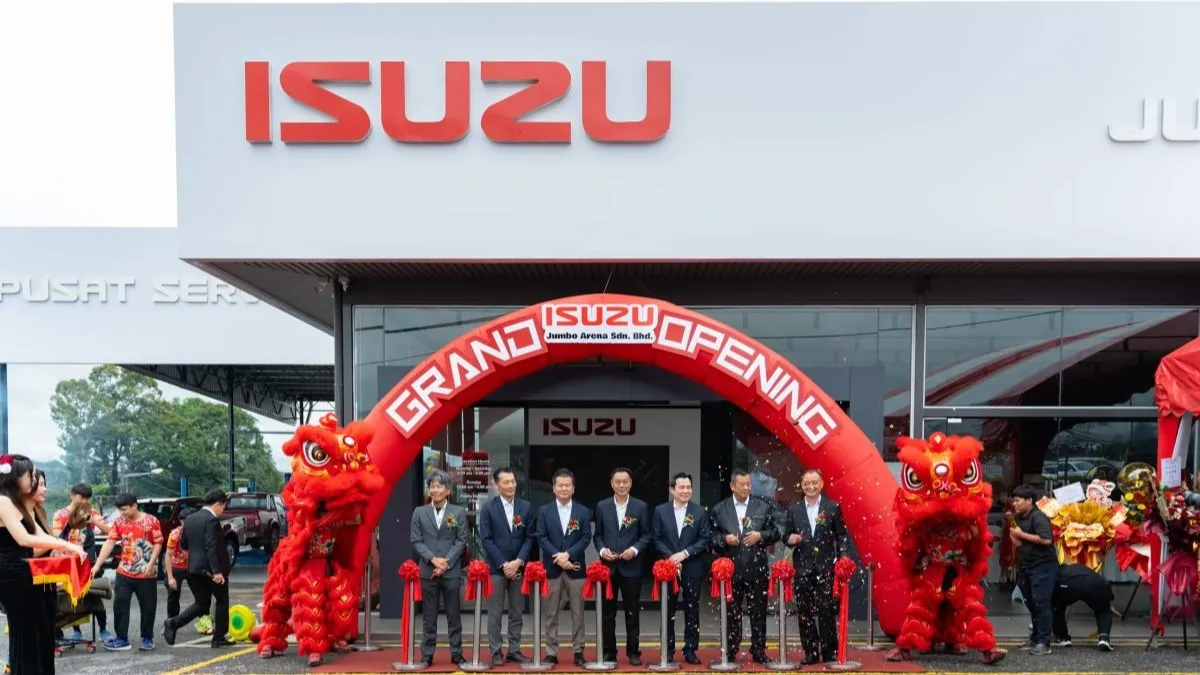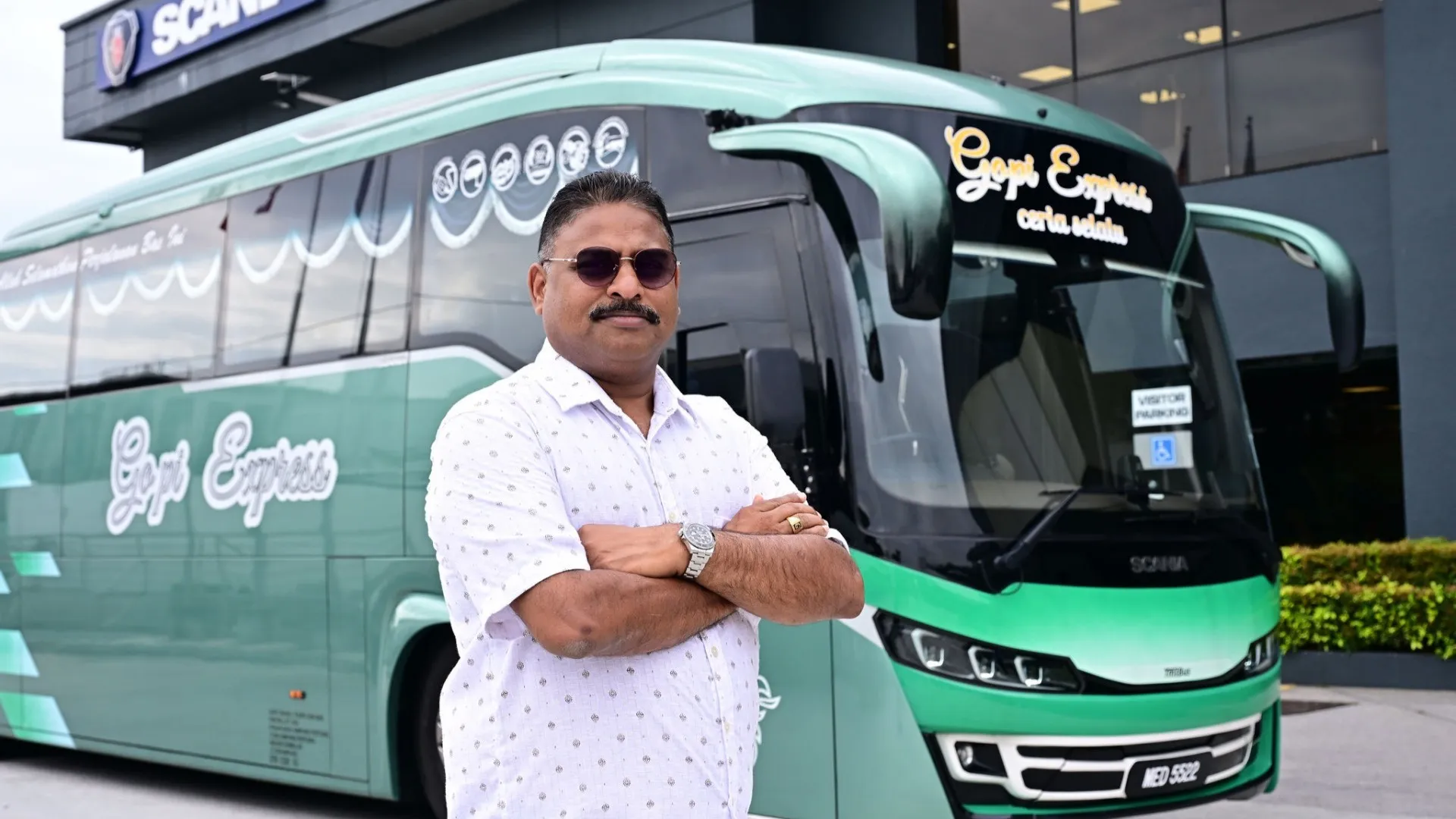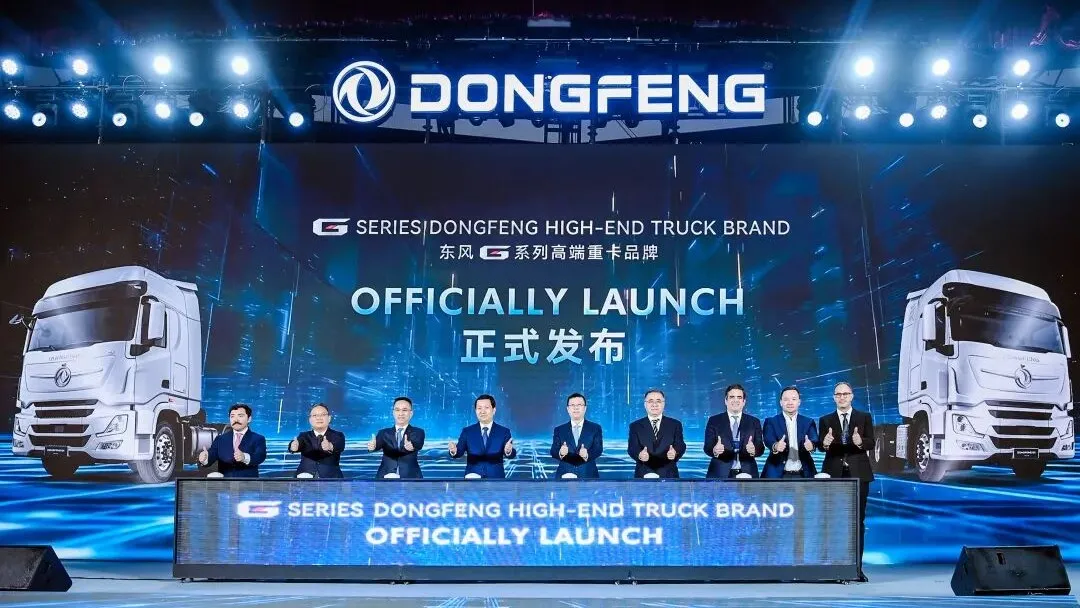The new NMC4 battery boosts Mercedes-Benz eCitaro’s range to 600 km with higher density, fast charging, and a 10-year service life.
The New Batteries Support Fast Charging at up to 300 kW
Mercedes-Benz has taken a step forward in electric bus technology with the debut of its eCitaro, equipped with the new NMC4 battery, during Busworld Europe 2025 in Brussels, Belgium. The fourth generation of lithium-nickel-manganese-cobalt batteries combines increased energy density with a longer service life, offering operators both extended range and a reduced total cost of ownership (TCO).
Battery: Higher Density, Longer Service Life
The NMC4 battery technology was developed by BMZ Poland, a subsidiary of BMZ Holding, and has been produced at scale since 2022 for other industrial applications. In collaboration with Germany’s Federal Ministry for Economic Cooperation and Development, Daimler Buses adapted the technology specifically for use in electric buses.
Thanks to a revised cell chemistry, the NMC4 battery delivers almost 13 per cent more energy density compared to its predecessor, the NMC3. A single NMC4 pack holds 111 kWh of energy, up from 98 kWh in the previous version, without requiring additional installation space. This means operators can achieve longer ranges while maintaining the same vehicle configuration. The packs are structurally identical to NMC3 units, allowing seamless integration into existing eCitaro models without any modifications.
The new batteries support fast charging at up to 300 kW and come with a ten-year service life guarantee, with the option to extend coverage up to 15 years. Enhanced thermal monitoring ensures safety even when the vehicle is stationary, allowing batteries to be repaired, overhauled, and ultimately recycled through Daimler’s Omniplus service, thereby contributing to sustainability and resource recovery.
Bus: Extended Range and Advanced Systems
Starting in 2026, the NMC4 batteries will be installed in the Mercedes-Benz eCitaro, eCitaro G, and the compact eCitaro K. The solo eCitaro and the K variant will be available with four to six battery packs, offering up to 666 kWh of total capacity and a range of up to 600 kilometres. The articulated eCitaro G will accommodate four to seven packs, achieving up to 777 kWh and a range of up to 450 kilometres.
Charging options include depot socket charging at up to 150 kW and optional roof-mounted charging rails that increase capacity to 300 kW. The charging rails can be fitted with RFID tags for secure vehicle identification during charging.
Sophisticated thermal management keeps the batteries at optimal temperature, improving performance and longevity, while a heat pump and braking resistor efficiently heat the passenger compartment. Two air-conditioning systems are available: the EvoThermatic Basic for moderate climates and the EvoThermatic High Comfort for hot regions.
The eCitaro uses the proven ZF AxTrax 2 LF portal axle with hub motors, delivering a peak output of 440 kW and continuous torque of 407 Nm. Inside, the driver’s display has been adapted for electric operation, with a power availability indicator replacing the traditional tachometer. A central screen provides real-time information on range, state of charge, power demand, and recuperation.
Safety remains a core focus. The high-voltage components are impact-protected and meet hazardous goods regulations. Radar-based Sideguard Assist 2 warns of pedestrians and cyclists and functions as a lane-change assistant at speeds above 40 km/h. Frontguard Assist detects obstacles in front of the bus, while a reversing camera or optional 360° system enhances manoeuvrability. Additional features include Traffic Sign Assist, tyre pressure monitoring, Attention Assist, and an interface for alcohol interlocks.
With the integration of NMC4 batteries, the Mercedes-Benz eCitaro sets a new benchmark for electric city buses, combining extended range, the latest battery technology, and comprehensive safety systems to meet the growing demands of zero-emission public transport across Europe.

